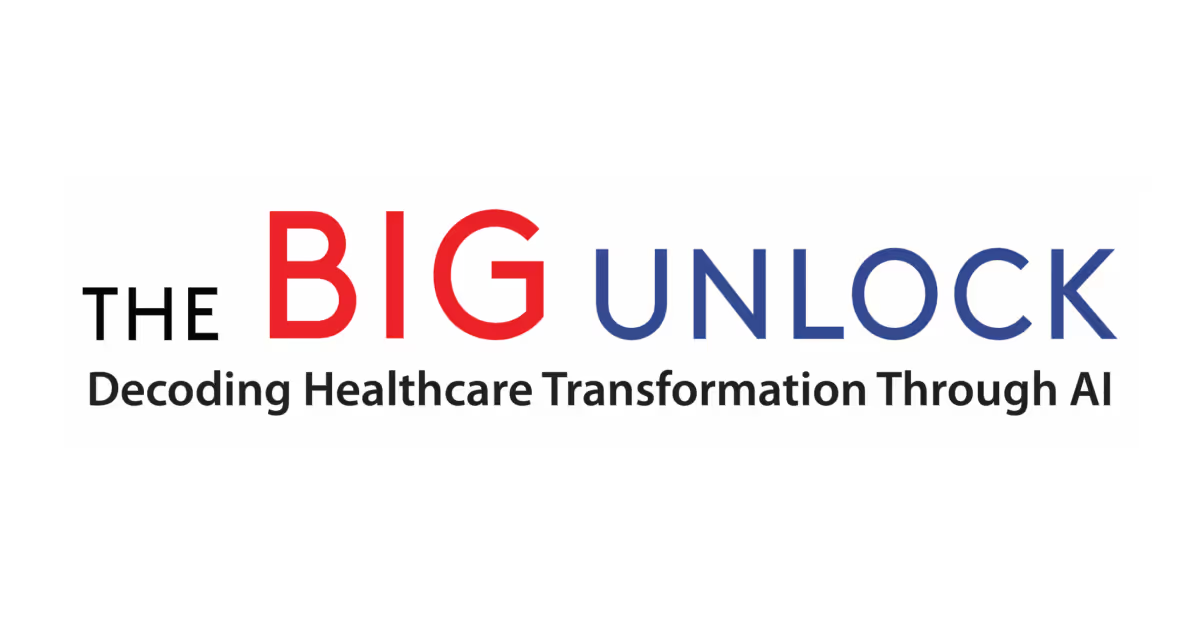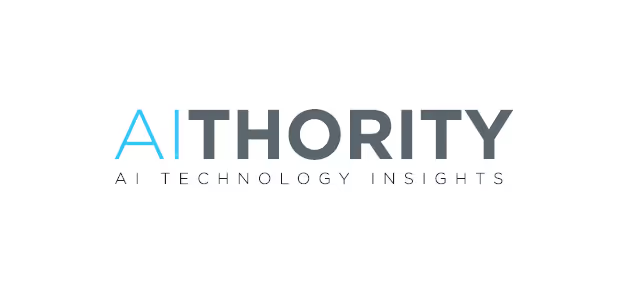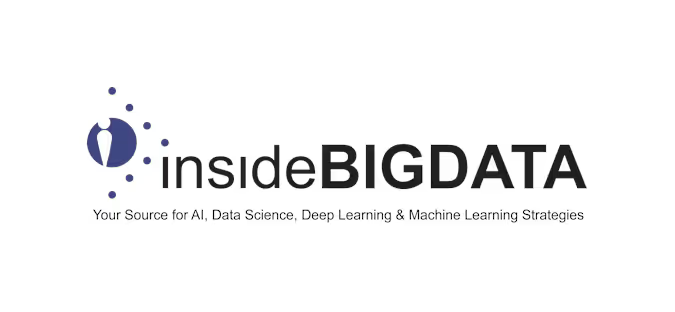AI is already transforming prior authorization
Published:
September 29, 2023

Employing More Mature Technologies as AI Continues its Evolution
Artificial Intelligence (AI), especially generative AI like ChatGPT, has been the subject of endless buzz in the marketplace for several months. As Dr. Lance B. Eliot put it in his recent Forbes article, “When it comes to AI, there is the hoped-for AI For Good, while in the same breath, we are faced with AI For Bad.” Americans are wary about AI’s use in healthcare. Sixty percent of Americans in a recent Pew Research Center survey said they would be uncomfortable with a health care provider who relied on artificial intelligence to diagnose their disease or recommend a treatment.
While the current attention focused on an emerging application of AI to generate content has raised concerns about replacing clinicians or potentially negatively impacting patient care, more mature AI technologies are already substantially and responsibly applied in healthcare. AI, including optical character recognition (OCR), machine learning (ML), and natural language processing (NLP), have already proven themselves as a combination of technologies that can be thoughtfully applied technologies – not to replace clinicians or other staff, but to make their lives and the lives of patients better to help them practice at the top of their license.
One particularly onerous healthcare process where ‘AI For Good’ is making a difference is prior authorization (PA), which health insurers use to manage resource utilization and costs while ensuring patients receive the most appropriate care. AI enables sophisticated decisioning that automates the PA process using advanced algorithms and evidence-based clinical criteria to increase administrative efficiency, comply with regulatory guidelines for turnaround time, accelerate care delivery and improve patient outcomes.
Why PA is Well-Suited to the Use of AI
The issues with PA have been well-documented for years. In its annual survey of physicians, the American Medical Association (AMA) draws attention to the ongoing frustration and calls for urgent change. In the AMA’s 2022 survey, 94 percent of providers said prior authorization delayed needed care, while a third stated the process led to a serious adverse event for a patient. While 100 percent of health plans report they use peer-reviewed, evidence-based studies when designing their PA programs, 31 percent of physicians report that PA criteria are rarely or never evidence-based. In addition, 86 percent of health care providers say the PA process leads to higher overall resource utilization, such as additional office visits, initial use of less effective therapy due to step therapy requirements, emergency room visits, and hospitalizations.
To address these widespread issues with the largely manual PA process, state and federal officials have begun to take action to drive modernization. For example, the Centers for Medicare & Medicaid Services (CMS) recently proposed a new rule to advance interoperability and improve PA for Medicare and Medicaid patients. With specific PA stipulations around interoperability, turnaround times, communication with providers, and sharing performance data, CMS intends to reduce physician burden, improve clinical outcomes, and deliver better patient experiences. CMS estimates that provider organizations will save an estimated $15 billion over a 10-year period should the rule be implemented. The changes CMS advocates for public programs are typically adopted by commercial payers over time as well. All told, PA is a process that is ideally suited to AI-enabled technology.
Key AI Technologies Applied to PA
Artificial Intelligence is a broad term that covers several technologies. Healthcare technology solutions apply these technologies in different ways to bring automation, advanced analytics, and real-time decisioning to processes like PA. The following technologies are applied together to increase efficiency, accuracy, and consistency across complex processes:
- Optical Character Recognition (OCR): Because faxing is still so prevalent in healthcare, especially for PA, OCR is a fundamental AI technology in use. OCR processes images of text and converts that text into machine-readable forms, making it possible to digitize faxed PA-related documents at intake. Digitizing all documents at intake speeds the process and consolidates the PA data to make it available for review and analysis at every step.
- Machine Learning (ML): By simulating human learning patterns, ML technology continually assesses data and identifies patterns based on past outcomes. For PA, that means ML algorithms can identify the patterns and outliers in approval and denial metrics, as well as claims data. This enables greater levels of automation that incorporates analysis from a wide array of data to improve the accuracy and timeliness of decision-making for prior authorization and concurrent review.
- Natural Language Processing (NLP): With the ability to interpret, manipulate, and comprehend human language, NLP unlocks data currently hidden in unstructured text within patient medical records and other clinical documents. By transforming unstructured text into useable data, prior authorization solutions can leverage insights from within medical records – rather than requiring health plan clinical staff to review records manually – to save time and improve decisioning accuracy.
Far-reaching Impacts of AI Technology
By applying key AI technologies, including OCR, ML, and NLP, prior authorization solutions are having material positive impacts on the process. Technology can support the PA process from end-to-end by leveraging AI, deep, evidence-based clinical expertise, and real-time analytics to not only digitize the process but also guide quality care across the entire patient journey.
The combination of these technologies opens the door to providing advanced clinical guidance to providers at the point of authorization, suggesting optimal care choices based on patient cohort-specific data. With integrated use of care paths and episodic authorizations, health plans and providers can collaborate more closely. Armed with the patient’s care history and evidence-based criteria, the technology can guide physicians toward care choices that are likely to improve patient outcomes. Rather than submitting several disconnected PA requests for one patient, clinicians can get multiple services approved simultaneously – spanning an entire episode and effectively speeding patient access to the most appropriate care.
In addition, because technology can also enable full transparency in the authorization process, physicians can see not only the evidence-based guidelines behind the recommendations but also the health plan’s approval policies. For example, if a physician requests 24 physical therapy sessions when the standard of care includes 12, the system can confirm that 12 sessions can be instantly approved, while 24 will require more time for a manual review. By automatically generating evidence-based policy recommendations, AI-enabled technology helps accelerate appropriate care while reducing overtreatment.
Embracing the Good while Preventing the Bad with AI
With AI, it’s not all or nothing. Many of the technologies have gained maturity with ongoing use and innovation. New technologies, such as generative AI, will continue to emerge and will need to undergo the same thoughtful process to mature. Today, our health plan clients that already use AI-enabled technology in prior authorization see 70 percent faster access to patient care; 92 percent provider satisfaction rate; 25-40 percent administrative cost savings; and 63 percent fewer prior authorization denials for patients.
Ultimately, the primary focus of prior authorization should be the patient – achieving the best possible outcomes and experience while pursuing the most clinically appropriate care path. By applying established AI technologies to the PA process while thoughtfully innovating with emerging technologies, health plans can significantly improve the cost and quality of care. All to the benefit of patients, providers, and health plans alike.
Written by

Siva
Namasivayam
In his third entrepreneurial healthcare venture, Siva Namasivayam is passionate about building companies that are focused on improving the healthcare system. Prior to co-founding Cohere Health and serving as its CEO since 2019, Siva was a founding partner of SCIO Health Analytics which served over fifty Fortune 500 healthcare organizations. Siva has more than 20 years of experience in utilizing technology and data to improve healthcare processes. He holds a master’s in computer science from the University of Pittsburgh, as well as an M.B.A. from the University of Michigan.
Stay ahead with expert insights on transforming utilization management and payment integrity—delivered straight to your inbox.



